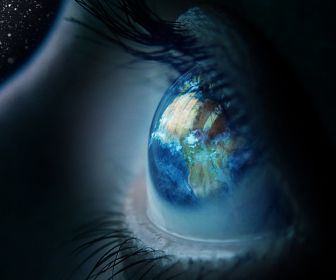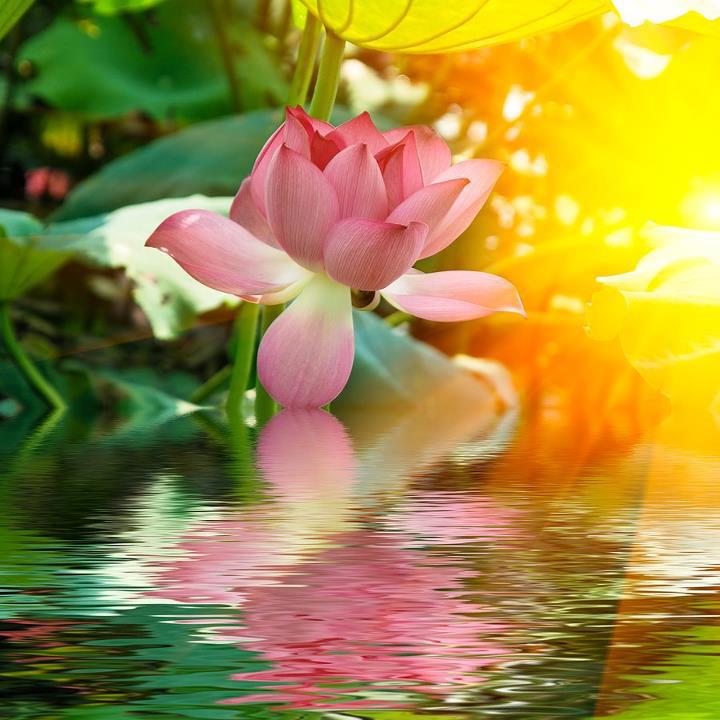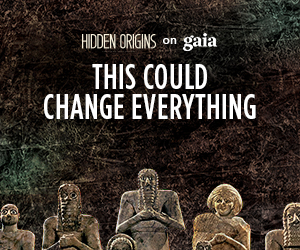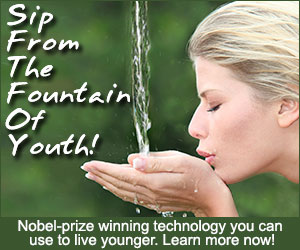~by Scott Helton
How do you respond to tragedy?
Both the pessimist and the optimist are right… At the same time there are horrible, unthinkable acts being committed, there are also simultaneously, beautiful expressions of love and compassion. Even in the darkest of times, there have in the same situations been beautiful, sometimes even heroic acts of kindness and compassion.
Both worlds exist, but which do you want to feed?
If a tragedy has personally affected you, then obviously you need to put the time in to fully grieve, exploring the depths of the emotions as they arise. If you are caring for a grieving person, it’s important to be compassionate and give them as much time as they need to be fully present to what they are feeling.
If you are feeling stuck in grief, or addicted to the drama being played out, it’s helpful to realize that there is a bigger picture perspective to consider, the possibility of stepping outside your current paradigm, world view, belief system.
New research in Theoretical Physics is coming up with very similar models to that of ancient mystery schools of thought (a short bio on Nassim Haramein’s work). These models of reality show us that what we feed the field of information, of infinite possibilities, helps create our experience. It’s a feedback loop between us and the source field. Of all the potential possibilities that exist, our limited brain is filtering all of those 11 Billion bits of information inundating our senses (which are only small apertures into reality) every millisecond. We create the story, the station on Reality TV, from the infinite potentials that then informs the field to reflect back to us what our attention is focused upon.
All emotions, or states of being, boil down to that of Fear and Love.
We can focus on the problems, living our life from fear, anger, and helplessness. This will eventually lead us to realize that, “What we fight we fuel, and what we resist persists.”
If we open to a greater perspective though, we can instead focus on solutions, while consciously choosing to live our lives from the state of Love.
Is it being apathetic, or consciously and carefully selective, when we choose to focus our attention on the beauty and love occurring simultaneously to that of tragedy?
How do we effectively show our love and compassion toward others without getting attached to the story, and thereby affecting our experience?
If we are infinite, timeless, beings connected and made of the Infinite Source energy of all possibilities that permeates all that is (whichever of the many numerous names you choose to call that Source), then how much significance should we put on our short present life circumstances, or that of others? I’m not talking about a lack of compassion, which I believe is fundamental to our experience. I’m talking about the story that is created around experience…
I’ve suffered much in my life, but I know if I focus on suffering… I feel low (vibration). This perspective then affects my entire experience of how I think about my life, my interaction with others, and how I live my present moment.
If I turn to the truth I know inside that all physical experience is temporary, but I get to choose how I respond, then I realize that it benefits me to feel the emotion fully through it’s cycle of completion, but drop the story.
Again, researchers say that our brains filter out Billions of packets of information every second. All vibrations exist in any one moment, so which ones do we want to filter into our conscious awareness, and thereby our potential experience?
The famous Sufi saying goes, “To be In it, but not Of it.” From the muddy pond, grows the beautiful lotus. Ideally, I intend that I will live from compassion, yet unattached to the story, realizing and allowing that each of us are here to experience life in a myriad of ways.
Unfortunately, it appears most of us are unconsciously reacting to the collective perpetual thought being offered, so how do we instead take responsibility and ensure we live our life joyfully unattached?
A beautiful girl in the village was pregnant. Her angry parents demanded to know who was the father. At first resistant to confess, the anxious and embarrassed girl finally pointed to Hakuin, the Zen master whom everyone previously revered for living such a pure life. When the outraged parents confronted Hakuin with their daughter’s accusation, he simply replied “Is that so?”
When the child was born, the parents brought it to Hakuin, who now was viewed as a pariah by the whole village. They demanded that he take care of the child since it was his responsibility. “Is that so?” Hakuin said calmly as he accepted the child.
For many months he took very good care of the child until the daughter could no longer withstand the lie she had told. She confessed that the real father was a young man in the village whom she had tried to protect. The parents immediately went to Hakuin to see if he would return the baby. With profuse apologies they explained what had happened. “Is that so?” Hakuin said as he handed them the child.
 If we understand that if we look deeply enough, we will realize that we are connected to everything. We are all made of the same field of energy, there is no “empty space”, no real separation.
If we understand that if we look deeply enough, we will realize that we are connected to everything. We are all made of the same field of energy, there is no “empty space”, no real separation.
This realization leads to the understanding that we are ALL energies, all vibrations.
It’s sometimes a challenging concept to grasp, but from that understanding, we know there is nothing to judge. All energies, all vibrations, play their role in the Source becoming more aware of itself. This allows us to transcend circumstance.
Ultimately, I believe it comes down to an important distinction of how we view our world.
Is life happening To us, or is life happening Through us? One makes us a victim, the other a powerful co-creator.











